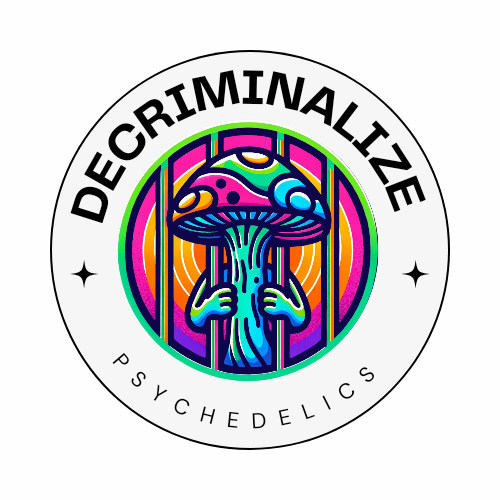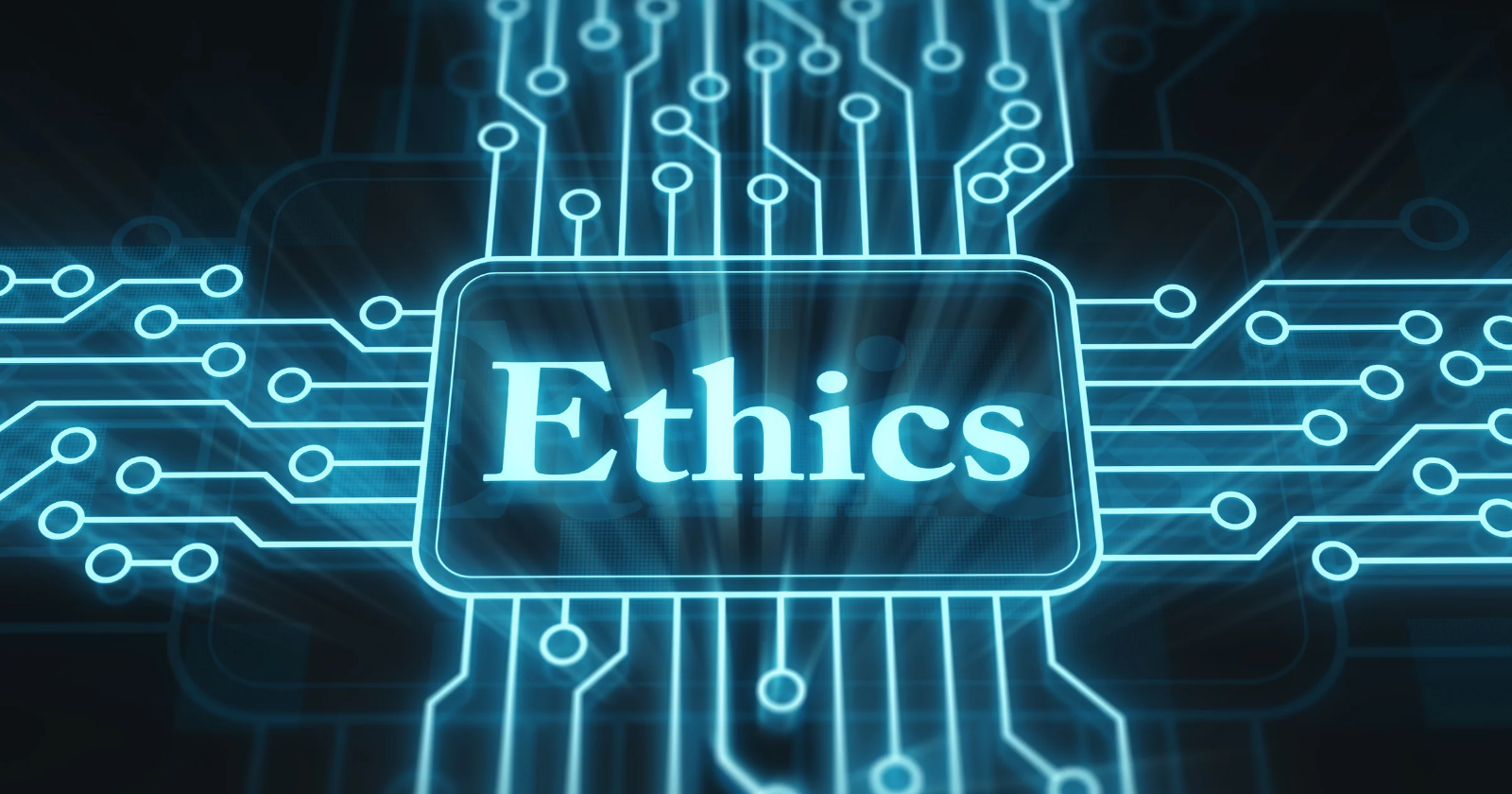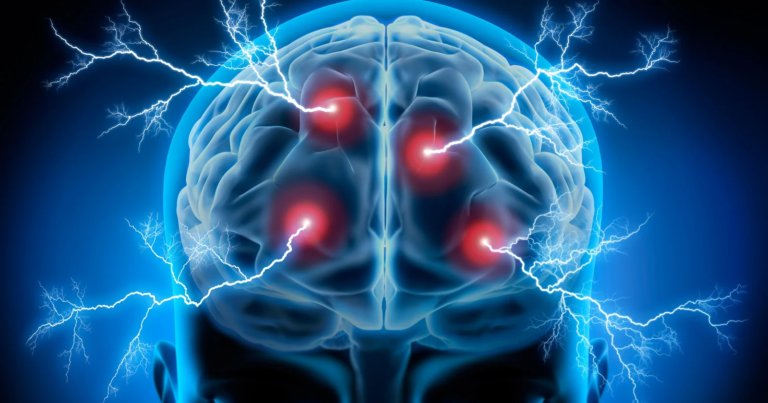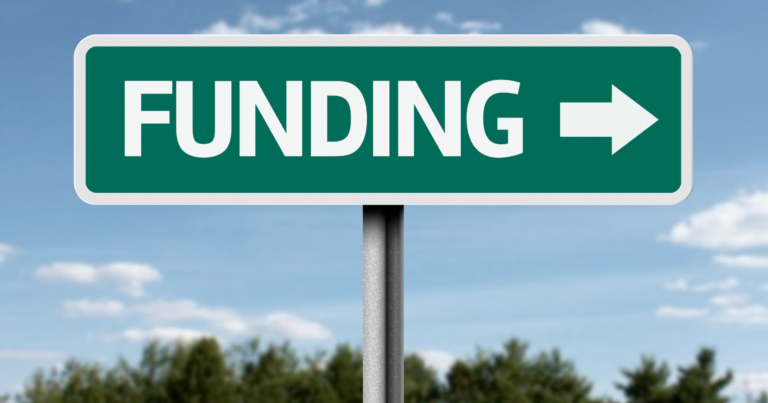You won’t be surprised to learn that psychedelic medicine has ethical considerations.
As an emerging field, the practice of psychedelic medicine requires a thoughtful and responsible approach.
I’ve identified seven key ethical considerations that are paramount, through my experience in the field.
Whether you’re a practitioner or enthusiast, read on to learn about these ethical frameworks.
1) Ensuring Informed Consent for Psychedelic Medicine
First and foremost, the biggest ethical consideration in the practice of psychedelic medicine is ensuring informed consent.
Psychedelic therapies can induce profound changes in consciousness and perception.
It is crucial that individuals understand the potential risks and benefits before deciding to partake.
What does this mean in practice?
It requires a comprehensive explanation of the process to the patient, including possible side effects and after-effects.
They should be aware of the duration of the experience, potential emotional responses, and the necessity of a safe and supportive environment.
Practitioners should help patients understand that while psychedelic medicine can offer therapeutic benefits, it’s not a magic cure-all.
Healing is a complex process that involves many aspects of an individual’s life.
Training and guidelines for practitioners on how to effectively obtain informed consent is a vital part of ethical psychedelic medicine practice.
This ensures the autonomy of the patient is respected and their decision is made based on comprehensive and accurate information.
2) Non-exploitation and Respecting Boundaries
It’s essential to address the importance of non-exploitation and respect for boundaries in the practice of psychedelic medicine.
Psychedelic experiences can often leave individuals in a vulnerable state, making it necessary for practitioners to respect physical and emotional boundaries.
This aspect is something that deeply resonates with me due to its impact on the therapeutic relationship.
But what exactly does this mean?
Practitioners must be aware of and respect the patient’s personal space, emotional state, and any expressed or implicit boundaries.
It means avoiding any form of coercion or persuasion that could potentially exploit the patient’s vulnerability.
Maintaining a professional relationship is of utmost importance.
There should be clarity about the practitioner’s role and responsibilities, and any form of dual relationships or conflicts of interest should be avoided.
In essence, the second ethical principle revolves around ensuring that the practice of psychedelic medicine is carried out with utmost respect for the patient’s personal boundaries and a commitment to non-exploitation.
And trust me, it’s as crucial as it sounds!
3) Adherence to Confidentiality
The third ethical consideration that I find incredibly significant is adhering to confidentiality.
For you, as a potential patient or practitioner, understanding this aspect is crucial.
Psychedelic therapy sessions can often lead to the sharing of deeply personal experiences and emotions.
Maintaining patient confidentiality is not just a legal obligation but also an ethical one.
But here’s something you might not have thought about!
In the digital age, preserving confidentiality extends beyond merely not disclosing verbal information.
It includes ensuring that any records or data are securely stored and that digital communication platforms used for therapy are safe and private.
Respecting and preserving confidentiality plays a critical role in building trust in the therapeutic relationship and protecting the patient’s privacy.
This commitment distinguishes ethical practitioners in the field of psychedelic medicine.
4) Prioritizing Patient Safety in Psychedelic Medicine
Have you ever considered what makes a good therapeutic environment?
The fourth ethical consideration in the practice of psychedelic medicine revolves around the paramount importance of prioritizing patient safety.
Psychedelic substances can induce powerful experiences and intense emotions.
As such, providing a safe and supportive environment is not just desirable, but an absolute necessity.
This means ensuring physical safety, such as comfortable surroundings, access to medical help if needed, and a calm and reassuring presence of the practitioner.
But that’s only half the story.
Equally important is psychological safety.
Patients should be able to express their thoughts and emotions freely without fear of judgment or repercussions.
This level of safety allows them to fully engage with the process and benefit from the therapy.
As you can see, prioritizing patient safety – both physical and psychological – is a key ethical consideration in the practice of psychedelic medicine.
5) Cultivating Cultural Sensitivity
In the pursuit of ethical practice, the fifth key consideration that I want to highlight is the importance of cultivating cultural sensitivity.
Psychedelic substances have been used in various cultural and spiritual contexts for centuries.
It’s only fair that the modern practice of psychedelic medicine acknowledges and respects these origins.
But how do we do that?
- By understanding and acknowledging the cultural history of psychedelic substances.
- Respecting indigenous practices and traditions associated with these substances.
- Avoiding cultural appropriation and instead promoting appreciation and understanding.
Simply put, it’s about recognizing that psychedelic medicines are not a new phenomenon but have been part of human societies for millennia.
Cultivating cultural sensitivity ensures respect for these traditions and enriches our understanding of psychedelic medicine.
6) Professional Competence and Training
The sixth ethical consideration that we must address is the necessity for professional competence and training in the practice of psychedelic medicine.
As practitioners or enthusiasts, we cannot underestimate the importance of proper training and competency in this field.
Psychedelic substances can induce profound changes in consciousness, making it crucial for the practitioner to be professionally trained to handle these altered states.
So, what does this mean for us?
Well, it means that practitioners should have a deep understanding of the substances they are working with, including their potential effects, risks, and contraindications.
They should also be trained to provide psychological support during and after the psychedelic experience.
In essence, professional competence and training is not just about having theoretical knowledge.
It’s about being equipped to provide safe and effective therapy that respects the individual’s psychological wellbeing and experience. And trust me, it’s as crucial as it sounds!
7) Promoting Equitable Access
The seventh ethical consideration in the practice of psychedelic medicine is promoting equitable access.
Imagine this scenario:
A breakthrough in psychedelic medicine has the potential to revolutionize mental health treatment.
But what if only a select few have access to this treatment while others, who might benefit equally or more, are left behind?
This is where the ethical principle of promoting equitable access comes into play.
Practitioners and policymakers alike should strive towards making psychedelic therapies accessible to all individuals who could benefit from them, regardless of their socioeconomic status.
Strategies should be developed to address potential barriers to access, such as cost, stigma, and legislative restrictions.
In my experience, equitable access is not just about fairness.
It’s about maximizing the potential benefits of psychedelic medicine for individual well-being and societal health.
After all, what good is a revolutionary therapy if it’s not accessible to those who need it the most?
8) Advancing Research and Knowledge
The final, and perhaps most encompassing, ethical consideration in the practice of psychedelic medicine is advancing research and knowledge.
As practitioners or enthusiasts, we must acknowledge that the field of psychedelic medicine is still emerging.
There’s a compelling need for further research to understand these substances and their therapeutic potential better.
It’s not just about exploring uncharted territories.
It’s about rigorously testing assumptions, refining methodologies, and sharing findings for the greater good of the field.
This commitment to advancing research and knowledge doesn’t just inform better practices.
It also fosters a culture of transparency and collaboration in the field of psychedelic medicine, which is essential for its growth and acceptance in society.
How can we Contribute to the Ethical Practice of Psychedelic Medicine?
As we delve deeper into the potential of psychedelic medicine, one thing is clear:
The importance of ethics cannot be overstated.
It’s not just about adhering to guidelines or rules; it’s about creating a culture of respect, responsibility, and transparency.
- Staying informed about the latest research and developments in the field.
- Engaging in open dialogues about the ethical considerations and challenges in psychedelic medicine.
- Advocating for equitable access and cultural sensitivity in psychedelic therapies.
The exploration of psychedelic medicine is a dynamic process.
It invites us to question, learn, and grow.
And while we may not have all the answers yet, we can ensure that our approach to psychedelic medicine is guided by these ethical considerations.
After all, at the heart of psychedelic medicine lies a profound potential for healing and transformation.
Let’s ensure it unfolds with integrity, respect, and consciousness.











